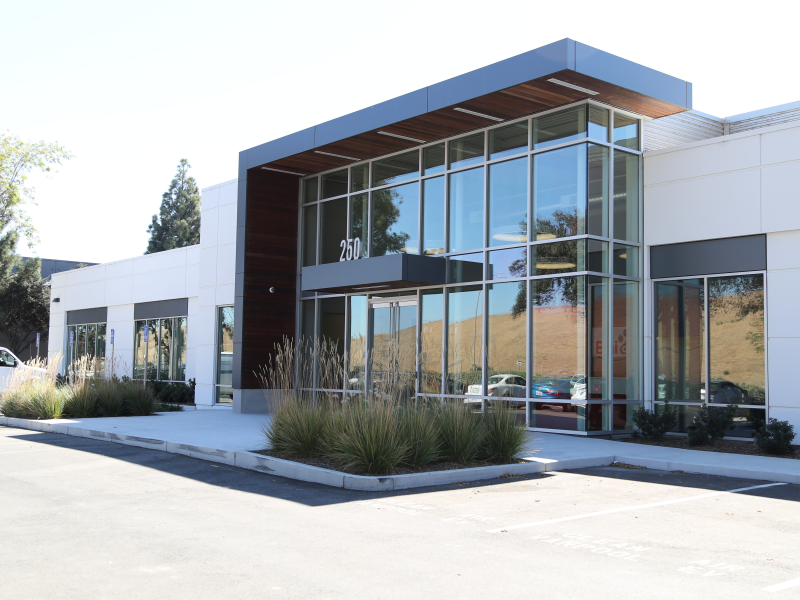Baidu today announced more details about its open-source Apollo autonomous driving platform, steps toward a stated goal of placing fully autonomous vehicles on roads and highways by 2020. Apollo launched in April and now counts more than 70 partner organizations from the AI, car manufacturing, and autonomous vehicles sectors as Nvidia, Ford, Microsoft, and a number of Chinese car makers.
In July, Apollo was made available for use at enclosed testing courses. The update announced today will give Apollo the ability to drive in fixed lanes, detect and avoid objects, plan trips, and use end-to-end deep learning, which can give neural nets the ability to learn and operate on roads and in environments without road markers like parking lots.
Version 1.5 will also comes with a simulator.
“The simulation engine, which has embedded HD maps, is backed by vast amounts of actual autonomous driving data
such as traffic lights, road signs, and lane marks to allow developers to verify their algorithms,” Baidu said in a statement shared with VentureBeat.
June 5th: The AI Audit in NYC
Join us next week in NYC to engage with top executive leaders, delving into strategies for auditing AI models to ensure fairness, optimal performance, and ethical compliance across diverse organizations. Secure your attendance for this exclusive invite-only event.
Additional Apollo updates are due out later this year, as Baidu pledged to share its technology for testing cars in simple urban road conditions available by the end of 2017.

Above: New Baidu Research offices in Sunnyvale, California opened this fall
The announcement was made at Baidu’s new Intelligent Driving Group offices in Sunnyvale, California. Opened this fall, the 36,000 square-foot facility is Baidu’s second Silicon Valley offices for AI research and development.
Also this fall, Baidu Research AI Lab director Adam Coates left the company, its second director to leave in about six months after the departure of Andrew Ng in March.

